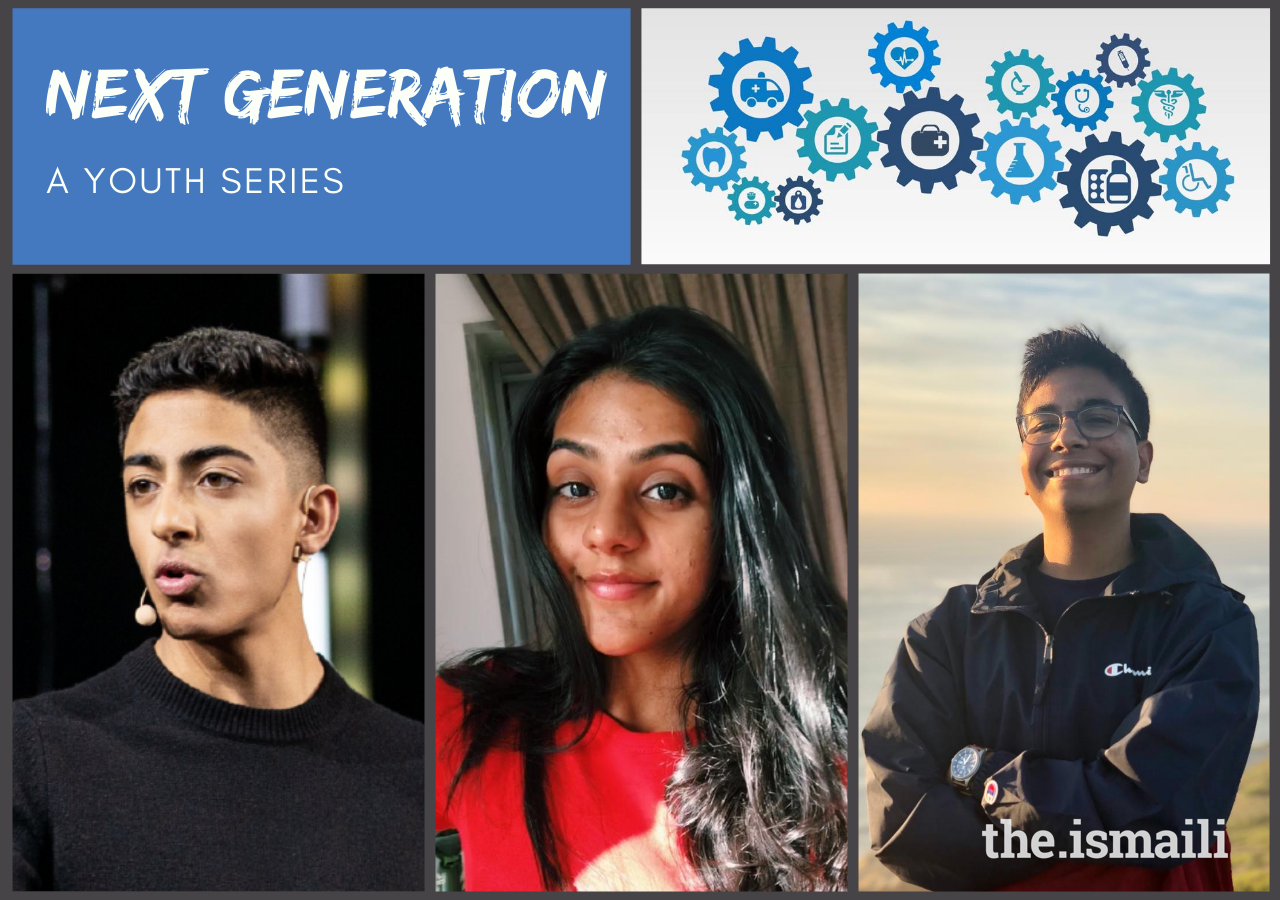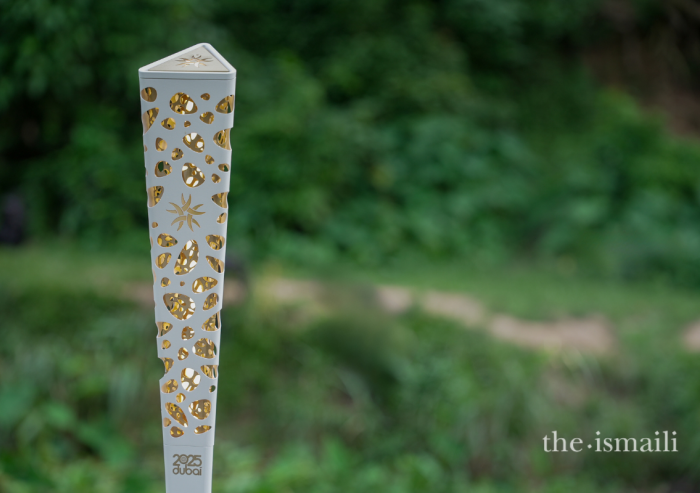Ayaan Esmail (Canada)
Ayaan Esmail’s interest in pursuing medical research was inspired by a problem his own family was faced with. His mother had fallen ill with pneumonia and, instead of immediately identifying and administering the most effective treatment, her doctors had to give her four different medications just to determine which one worked best.
“This made me wonder if there was a technology that could help make medicine more personalised for the patient,” said 16-year-old Ayaan.
Determined to learn more, he decided to investigate why there were so few solutions in the field of personalised medicine available to patients.
“As I started learning about personalised medicine, I questioned why it wasn’t already available in the market today and realised that it was because the gene sequencing infrastructure just wasn’t up to par,” he said.
The ability to sequence genes in a quick and reliable way is critical to getting more personalised insight into the health of an individual patient. The genetic information collected through sequencing can be used to determine if an individual has a particular disease and, if not, what the percentage chance may be of contracting it in the future.
In order to help close this gap in gene sequencing infrastructure, Ayaan began work on a project to sequence DNA in a faster and more accurate way than the methods available at the time allowed for. To do this, he used silicon nitride nanopores, a material which allows for sequencing to be done in a quicker time period. He then simulated how his process would work on a molecular level using VMD and NAMD - specialised computer software for simulating large biomolecular systems.
In addition to investigating how to more efficiently sequence genes, Ayaan has also taken on a number of other projects in the personalised healthcare field. He previously built an artificial intelligence model where users could input their genetic and health information and receive an output with their percentage chance of contracting lung cancer. This summer, Ayaan is working on creating a pregnancy subscription box which will provide products to expecting mothers to help relieve associated symptoms and make their pregnancy journey easier.
In the future, Ayaan hopes to continue creating new, innovative technologies that can have a positive impact on the lives of others.
“A big goal of mine is to create something that will help people, and this is what I plan to continue working on for the future.”
Ayesha Devani (Angola)
For 17-year-old Angolan student Ayesha Devani, attending the Global Encounters summer programme in Kenya was a pivotal experience in shaping her worldview and understanding of the issues facing communities around the world.
“It was a real eye opener for me in terms of the issues faced by the people impacted by global income disparities,” she said.
Inspired by her experiences, Ayesha decided to find a way to positively contribute to those in need. She found her opportunity while attending a school in India. During a field trip to Handenahalli, a village near Bangalore, Ayesha learned that the lack of appropriate hygiene practices within the community was contributing to the emergence of several illnesses.
“From insufficient access to clean drinking water to a lack of awareness about hygiene practices, there were many areas for improvement within the community,” she said.
Determined to take action, Ayesha and her team decided to start by working with local students to improve hygiene practices at the village’s school. Together, they designed and implemented a waste disposal system to minimise litter and conducted workshops which emphasised the importance of personal hygiene. Ayesha and her team then decided to broaden their focus to supporting the entire village community by hosting fundraisers to finance the installation of water pipes within the village to transport clean drinking water to local community members.
“Not only did this experience portray the existing poverty surrounding me, it also built high levels of empathy within myself as I got the opportunity to interact with people belonging to a community different from mine,” she said.
Since completing her work with Handenhalli, Ayesha has gone on to continue finding ways to give back to others. In her home country of Angola, she has held clothing and book drives for local children and has volunteered with Lar Infantil Kuzola, a local welfare institution. In the future, she plans on studying business management and administration in university.
Rayan Virani (United States)
Rayan Virani’s fascination for neuroscience introduced him to Art Therapy - a practice in which patients create and examine art in order to non-verbally express their emotions and address psychological and behavioural symptoms.
Concerned about the lack of awareness and access to stable treatment options for patients with neurocognitive disorders and neurodegenerative diseases, Rayan decided to investigate the potential that Art Therapy holds to address these issues. In particular, Rayan was interested in understanding how Art Therapy could combat the severity and rapid nature of illnesses like Alzeimhers and dementia.
“I learned that, by exercising the mind, Art Therapy slows down memory-loss and the severity of symptoms for patients with neurodegenerative diseases so they can live a longer and healthier life,” he said.
Having spent much of his childhood painting, sculpting and playing music, 17-year-old Rayan was excited to combine his passions for neuroscience and art through this research. Working together with a neurologist at the Rush University Medical Center, Rayan helped build a curriculum for Art Therapy classes. He also took part in launching an awareness campaign targeted towards members of the South Asian community to increase awareness about neurodegenerative diseases. Along with encouraging participation in Art Therapy programs, the campaign also motivated community members to focus on living a healthy lifestyle.
When asked why it is so important to spread awareness about healthy living, Rayan emphasised how the benefits of a healthy lifestyle can lead to a better overall quality of life for people of all ages.
“Good physical health leads to good mental health, which leads to high self-esteem and motivation to make an impact in this world,” he said.
Having recently graduated from high school, Rayan will soon be entering his first year of university. In the future, he plans to pursue a career as a neurosurgeon.








